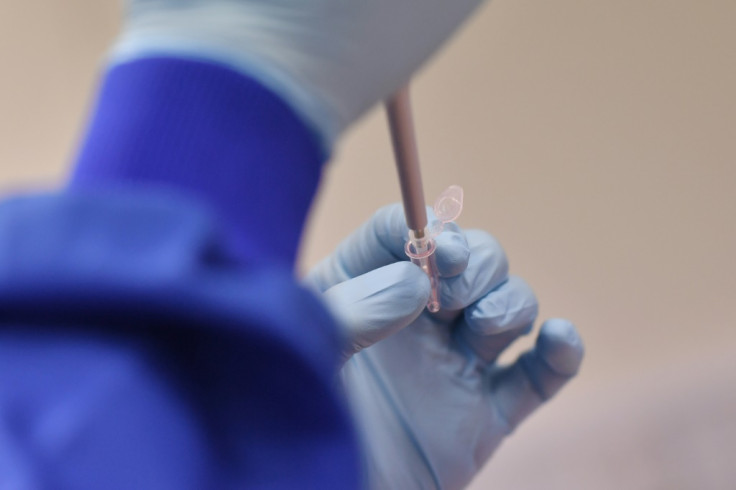Oxford COVID-19 vaccine shows encouraging results; scientists calls for human trials
It was implied that the volunteers being eyed for the human challenge trials should be healthy individuals in their 20s.
Earlier this week, Moderna's experimental SARS-CoV-2 vaccine delivered favourable results during its early-stage human testing. Based on blood samples taken from 45 healthy individuals who volunteered for the testing, it was confirmed that their immune system generated the expected antibodies. In fact, it was noted that the levels were comparable to that of recovered COVID-19 patients. Another candidate from the Oxford Vaccine Group was also deemed promising. Therefore, the researchers would like to conduct a controversial procedure to determine its effectiveness.
After the desired immune response was observed in human test subjects, the team hopes to move forward with human challenge trials. This is a process wherein instead of waiting for volunteers to naturally encounter the 2019 novel coronavirus, the laboratory will intentionally expose them to it. While this has been done in the past, the pathogen in question is an exception due to the unavailability of a proven treatment for the disease.
So far, the only known medication that has received approval for emergency use in the United States is remdesivir from Gilead Sciences. However, the drug has only shown a reduction in average recovery time for COVID-19 patients. The first phase of Oxford's vaccine trials reportedly saw 1,000 British volunteers with the Lancet expected to publish the paper on Monday.
The team is currently recruiting more people in Brazil, the U.S., U.K., and South Africa who are willing to participate in the third phase of its COVID-19 vaccine trials. Meanwhile, preparations for the proposed human challenge trial are underway, which, if approved, will be likely conducted in parallel to the aforementioned study.
Director of Oxford University's Jenner Institute Professor Adrian Hill stated: "We're hoping to be doing challenge trials by the end of the year." He then added: "This might be in parallel or might be after the phase three trial is completed. They're not competing options, they're complementary."
It was implied that the volunteers being eyed for the human challenge trials should be healthy individuals in their 20s. According to one of the latest analysis from experts, the risk of death from COVID-19 for an individual without complications in the specified age group was set at one in 3,000.

"Everybody would agree that the risk is extremely low in young people," explained Hill. "It's so low that it's very difficult to measure." He is just one of the many signatories of an open letter published by 1Day Sooner -- a campaign based in the United States supported by top scientists and Nobel laureates. The goal is to urge regulators to approve the requested human challenge trials to fast-track COVID-19 vaccine development.
© Copyright IBTimes 2025. All rights reserved.





















